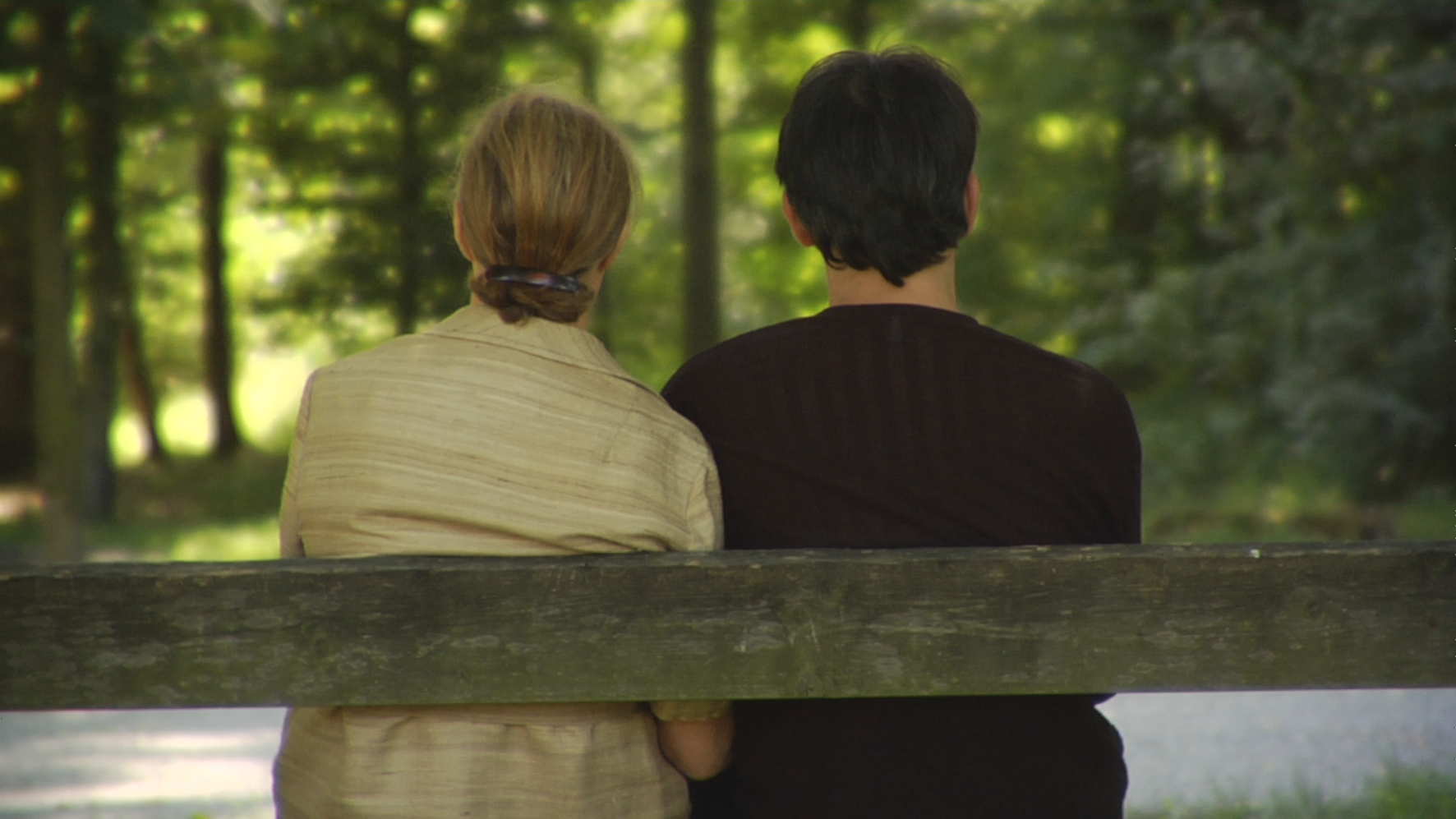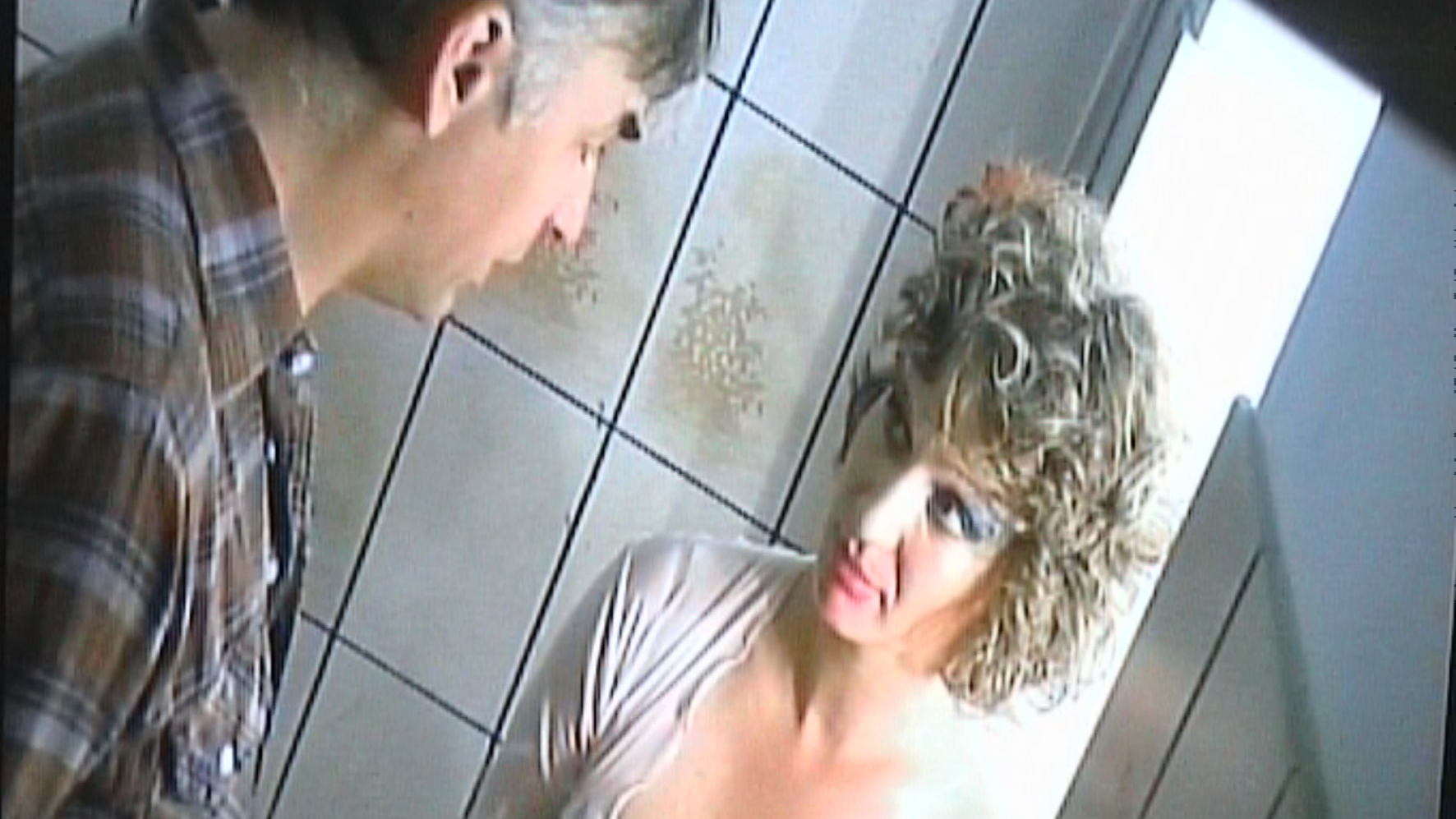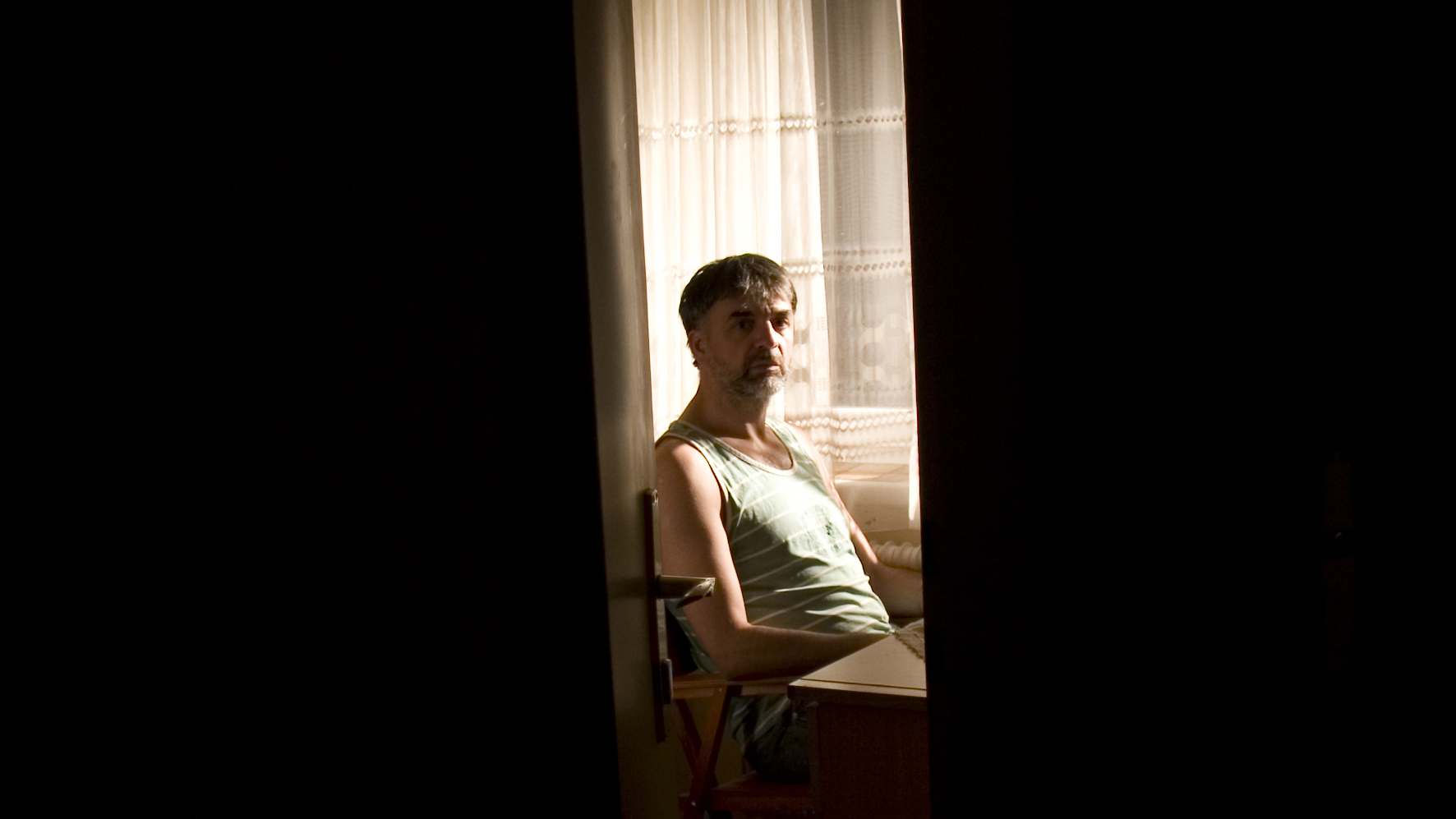KOMA
AT 2009
Colour, 82 min., HD, 16:9, Stereo, German, subtitles in English, French, Russian
WP Moskau IFF, Award for Best Film Tamil Nadu IFF
Written, directed and produced by Ludwig Wüst
Cinematographer Klemens Koscher Executive Producer Matthias Pázmándy Sound Gregor Rašek Editor Samuel Käppeli Sounddesign Jochen Petri, Sound Mixing Overdub Recording Studios Make Up Maja Ferizovic Camera Assistant Sonja Aufderklamm, Gaffer Verena Saischek, Lukas Pázmándy Set Photography Anna Sautner Graphic Design Gudi Schwienbacher Catering Elisabeth Zoubek, Biohof Adamah Glinzendorf
With Nenad Šmigoc, Claudia Martini, Roswitha Soukup, Anke Armandi, Stefan Mansberger, Daniela Gaets, Werner Landsgesell, Heinrich Herki, Manfred Stella, Casaluce/Geiger, Francesca Geiger, Marcus Geiger, Lukas Zahner, Georg Peter Raab, Otmar Schöberl, Thomas Fath
Supported by Stadt Wien MA7
koma-film.net
Colour, 82 min., HD, 16:9, Stereo, German, subtitles in English, French, Russian
WP Moskau IFF, Award for Best Film Tamil Nadu IFF
Written, directed and produced by Ludwig Wüst
Cinematographer Klemens Koscher Executive Producer Matthias Pázmándy Sound Gregor Rašek Editor Samuel Käppeli Sounddesign Jochen Petri, Sound Mixing Overdub Recording Studios Make Up Maja Ferizovic Camera Assistant Sonja Aufderklamm, Gaffer Verena Saischek, Lukas Pázmándy Set Photography Anna Sautner Graphic Design Gudi Schwienbacher Catering Elisabeth Zoubek, Biohof Adamah Glinzendorf
With Nenad Šmigoc, Claudia Martini, Roswitha Soukup, Anke Armandi, Stefan Mansberger, Daniela Gaets, Werner Landsgesell, Heinrich Herki, Manfred Stella, Casaluce/Geiger, Francesca Geiger, Marcus Geiger, Lukas Zahner, Georg Peter Raab, Otmar Schöberl, Thomas Fath
Supported by Stadt Wien MA7
koma-film.net
Synopsis
Hans lives in a small town near Vienna. Profession: taxi driver. Married. One son. Hans has a secret. It will tear his family apart. There is only one person he can return to: a woman from the past. At first, the film shows a petty bourgeois life: family stress during the preparation of a birthday, invited guests coming too early, the beginning of the party. Only the man celebrating his 50th jubilee does not appear. He leaves his car and strolls through the forest. When he eventually comes back home, there is nothing more to say. So he runs away. To save, what is left.Director's statement
"KOMA indicates the main character's condition: Hans is a taxi driver, but you never see him driving a client, it's his birthday, but he doesn't participate in the party. He wants to kill himself, which doesn't work either. He has to awake from his coma and go through differents hells to get where he actually belongs."


"One of the most outstanding debuts within the last years."
Christoph Huber, Die Presse, 19.09.2010
"From beginning to end a captivating thriller."
Maya McKechneay, Falter, Sept. 2010
"Koma ... dives into the murky, psychological waters of fellow Austrian filmmakers Michael Haneke and Ulrich Seidl, a “cinema of disturbance” (Matthias Frey) where spectators cannot watch without questioning their tolerance for cruelty and violence. ... the film’s methodical and meticulous attention to detail makes every shot the measure of both an apparently calm surface and the barely perceptible ripples of violent undercurrents."
Helen Faradji, Nouveau Cinema, Okt. 2009, Montréal
Christoph Huber, Die Presse, 19.09.2010
"From beginning to end a captivating thriller."
Maya McKechneay, Falter, Sept. 2010
"Koma ... dives into the murky, psychological waters of fellow Austrian filmmakers Michael Haneke and Ulrich Seidl, a “cinema of disturbance” (Matthias Frey) where spectators cannot watch without questioning their tolerance for cruelty and violence. ... the film’s methodical and meticulous attention to detail makes every shot the measure of both an apparently calm surface and the barely perceptible ripples of violent undercurrents."
Helen Faradji, Nouveau Cinema, Okt. 2009, Montréal